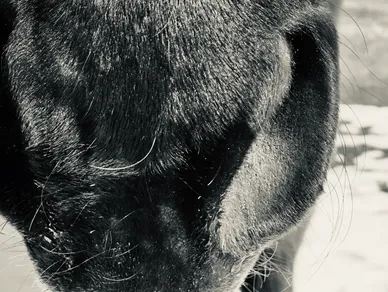Experiencing an Emergency?
During Business Hours
Ponderosa Equine
Address:
47980 Monarch Circle, Parker, CO 80138
Email:
ponderosaequine@outlook.com
Hours of Operation:
Mon-Fri: 8am-5pm
Sat & Sun: Closed
24/7 Emergency Services
Common Equine Emergencies
- Colic
- Sudden Lameness at The Walk
- Swollen/Painful Eyes
- Lacerations
- Foaling Complications
- Fever or Respiratory Distress
Colic can be caused by many things but an evaluation by a veterinarian is vital. Always consult with the on call vet before giving any medications to your colicking horse. Common signs of colic include but are not limited to:
- Laying down/getting up repeatedly
- Rolling
- Kicking at their bellies
- Looking at their sides
- Grinding their teeth
- Lack of appetite
- Lack of manure production
- Flehmen response
- Stretching out to urinate without production of urine
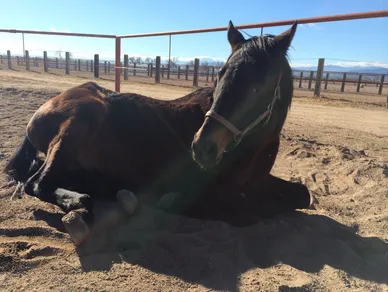
Whether your horse ends up having a foot abscess or a fracture, if he/she becomes lame at the walk suddenly call to have them evaluated by a veterinarian.
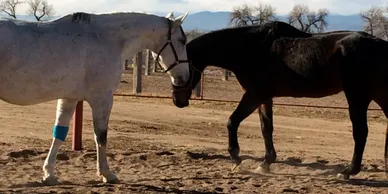
A swollen/painful eye is always an emergency, usually there is some sort of discharge from the eye as well but not always. Prompt treatment of eye injuries is key to a quick uneventful recovery. Always talk to your veterinarian before putting any medications into the eye.
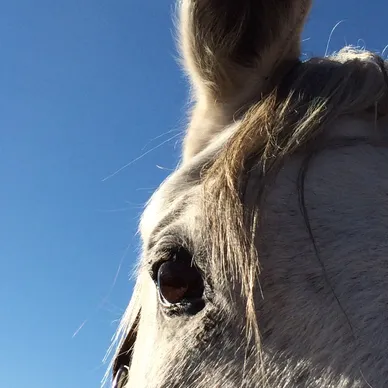
Horses cut themselves all the time and we rarely know how or where they did it.
- If the laceration is over a joint it should always be seen.
- If the laceration is obviously deep it is important to get it evaluated and treated for faster healing.
- Sometimes it is hard to tell how deep a cut is, especially if the horse is very hairy. It is never wrong to get our input on a laceration sooner rather than later.
If you are unsure about if it should get seen on emergency, call and talk to the on call vet. Sometimes sending pictures can help us decide if it can wait or not.
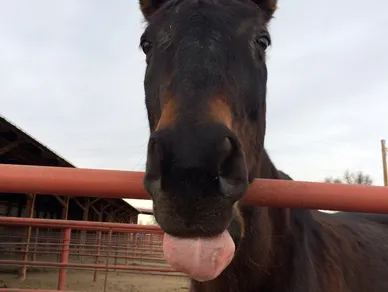
- Once your mare has started pushing, things progress rapidly. If she is pushing and no progress is being made call immediately.
- The foal should stand within 1 hour, nurse within 2 hours, and pass its meconium within 3 hours. If any of these things do not occur or any other concerns arise call immediately.
- The mare should pass her placenta within 3 hours. If this does not happen call us for advice/next steps.
- It is never wrong to call us at any point during foaling if you are uncomfortable.
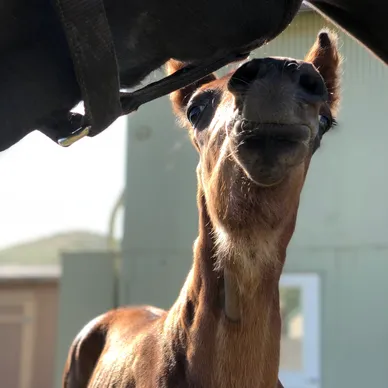
If your horse is having difficulty breathing this is an emergency. A horse having difficulty breathing will have decreased air flow through the nostrils. You can feel this by putting your hand under the nostril and feeling the air moving in and out. They can also have increased abdominal effort or noise when they are trying to breath. Always check the gums too to make sure they are not turning purple.
A normal temperature in a horse should be less than 101.5 F. If they are not acting normal and their temperature is above that, call us. Many things can cause fevers and so a thorough exam is necessary to determine cause.
